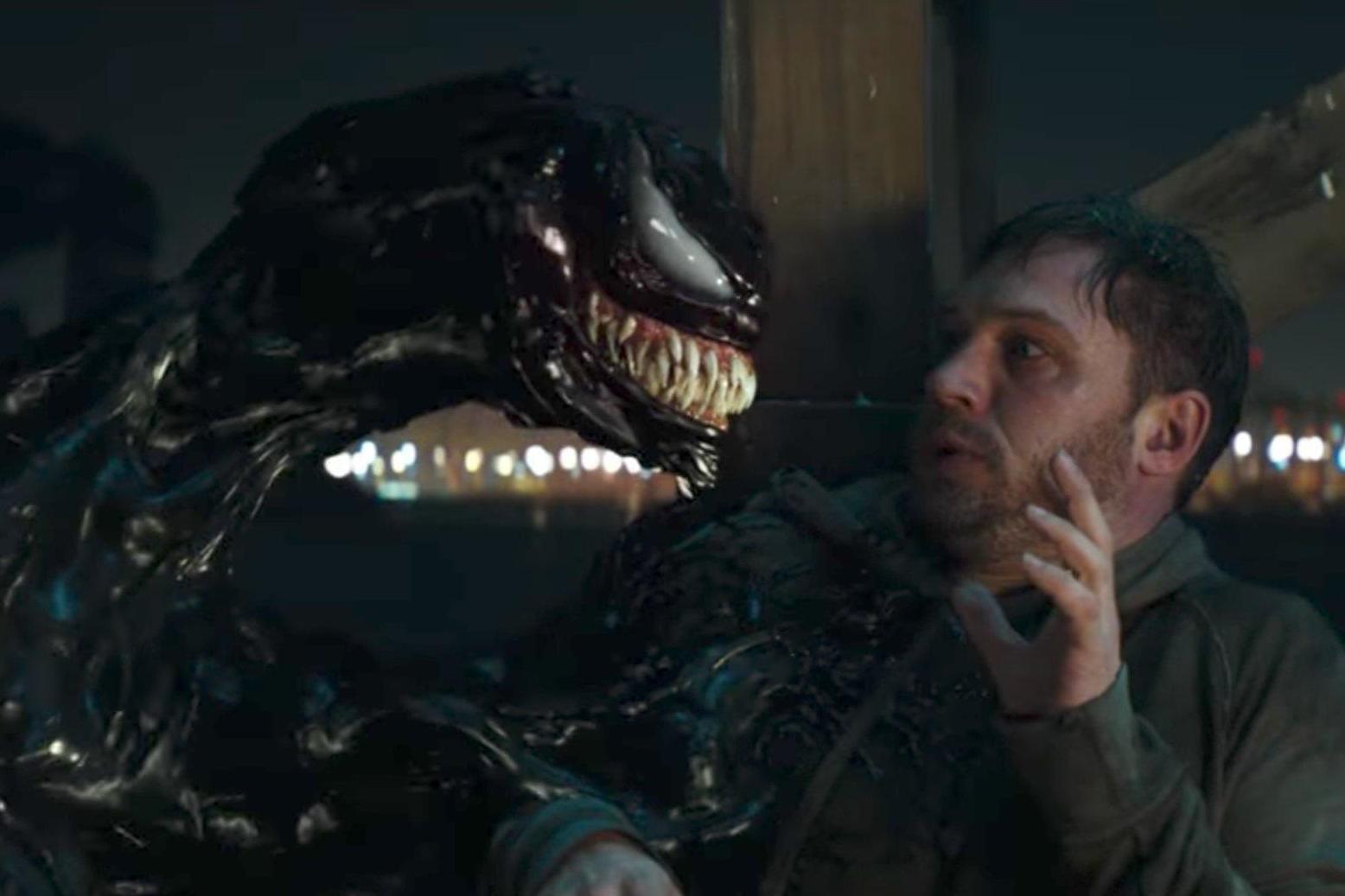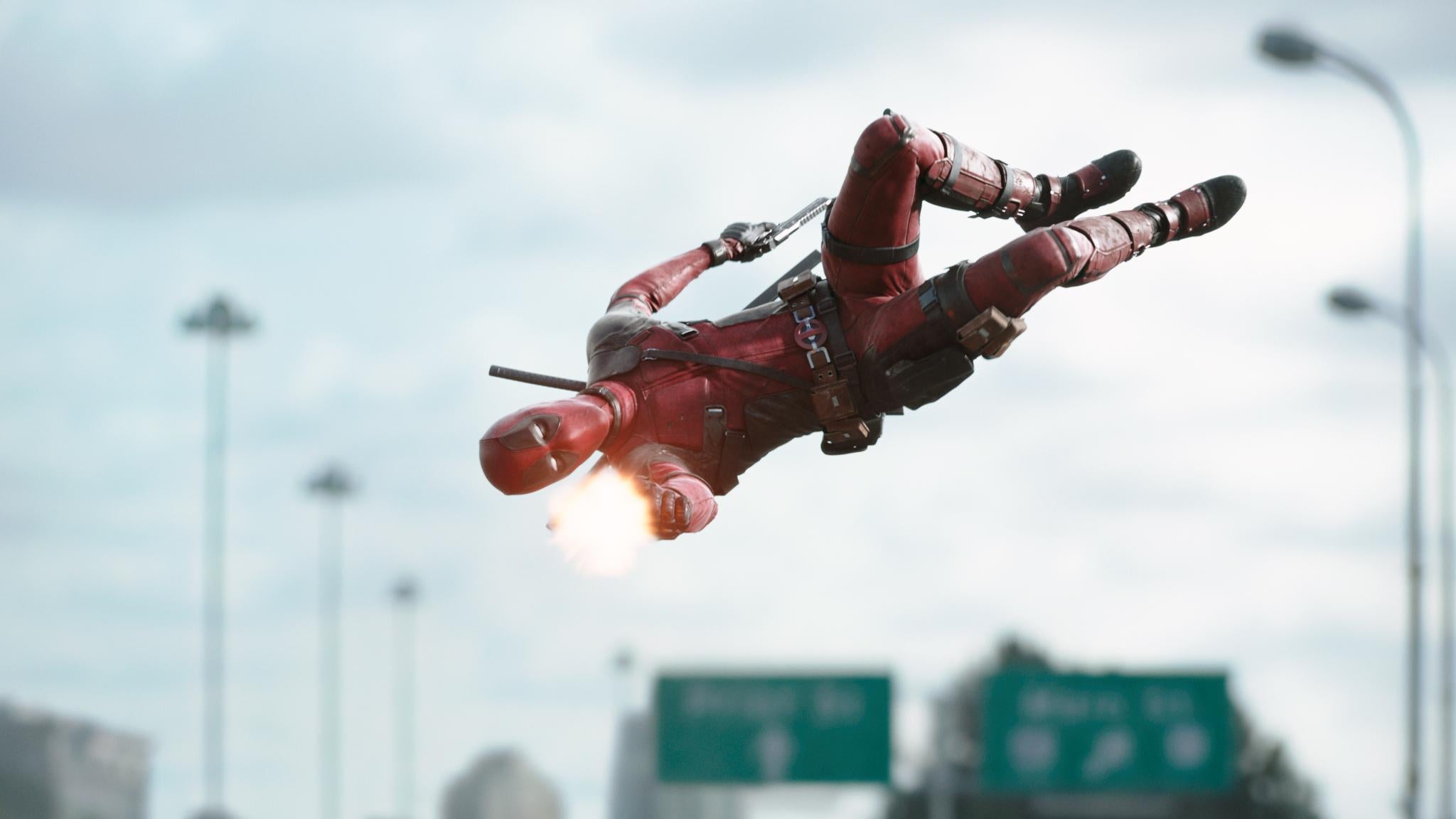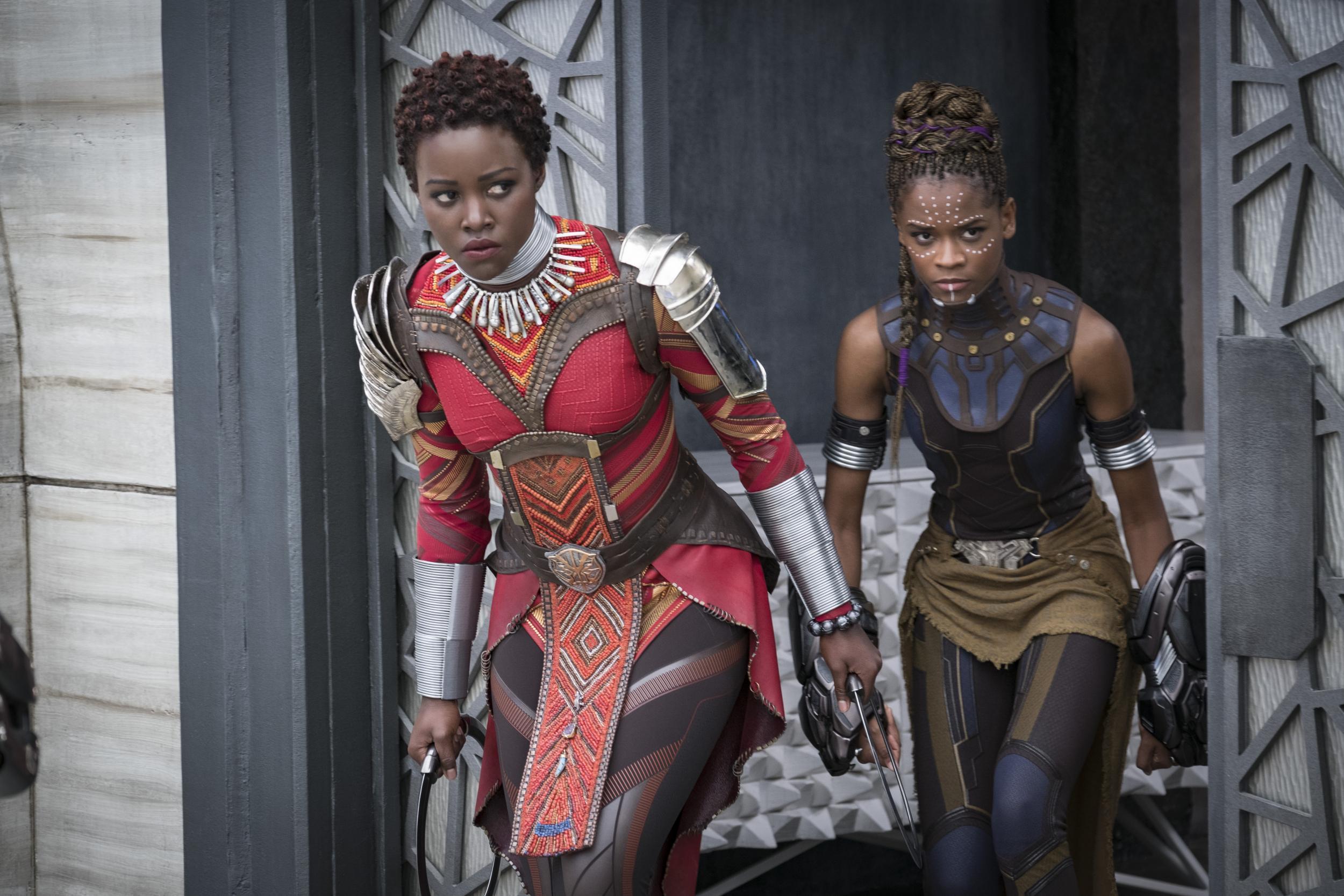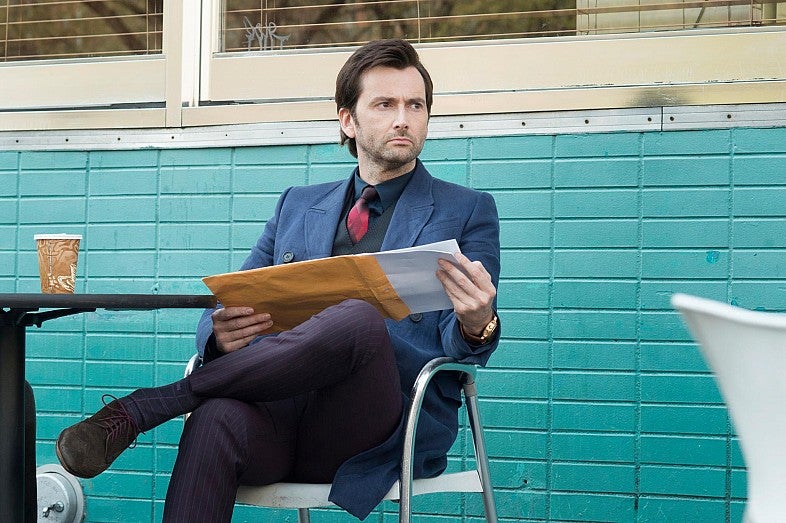How Marvel can stop audiences succumbing to superhero fatigue
The Marvel Cinematic Universe has birthed 20 interlinked films, to both financial and critical acclaim. But if even Star Wars can flop, Marvel could certainly begin to lose steam. Here's a few cards it can play to stop that happening


Bad luck superhero haters: there’s another of Marvel’s costumed crusaders at your local multiplex in the form of Venom. The hype machine is also moving into high gear for Captain Marvel, even though that’s not scheduled to drop until March. There have been contradictory reports about whether Venom, starring Tom Hardy, is going to be part of the official Marvel Cinematic Universe (MFCU) or not.
Sony holds the rights to Spider-Man and several linked characters, but struck a complicated deal with Marvel Studios, and ultimate owner Disney, to bring the web slinger into the MCU, which resulted in the wildly successful Spider-Man: Homecoming at $880m (£685m) global gross. A sequel is due next year. But, depending on the box office, Venom could become part of a separate Sony Marvel universe. It would likely major on anti-heroes, which might be a lot of fun. Much depends on the film’s gross.
The proper MCU, of which Captain Marvel is very definitely a part, is at a crossroads. Many of its biggest names bit the dust in Avengers: Infinity War. Even if (as expected) the survivors put things right in the forthcoming Avengers 4, big changes are promised as the studio draws the curtain on its Phase Three. Two of the studio’s mainstays are set to depart for a start, with Chris Evans hanging up his Captain America shield and Robert Downey Jr his Iron Man suit. They may not be alone. New characters and actors will therefore be tasked with driving the juggernaut forward.
Before we look at the future, it’s worth reflecting on just what a remarkable creation MCU is from both a financial, but also a critical, perspective. Marvel Studios has put out 20 interlinked films so far, featuring seven individual characters and one team (Guardians of the Galaxy), which it has then brought together in three Avengers movies (four if you count Captain America: Civil War) with the fourth (and final?) outing due next year. What’s more, it has done it with mostly “B” characters.
The comic book publisher’s prior practice had been to licence its top properties to others. This is how Sony got Spider-Man, and Venom, and 21st Century Fox got the X-Men suite of characters, and the Fantastic Four. Despite this, not since Captain America, back in 2011, has an MCU film failed to gross more than $500m globally. Six have broken the $1bn barrier and Avengers: Infinity War raked in twice that.

Critics sometimes grouse about the popularity of superhero movies, and the stranglehold they hold over multiplex screen space and the global box office, but they’ve been remarkably kind to the MCU’s output when it comes to their reviews.
All its movies have been certified fresh by review aggregator Rotten Tomatoes, with scores ranging from 66 per cent (Thor: The Dark World) to 97 per cent (Black Panther), an achievement unmatched by any other major franchise. If you find Tomatoes’ binary “fresh/rotten” system too simplistic, how about Metacritic? It puts together a weighted average of critics’ reviews to create a “Metascore”, and also separates films into five bands (two red, one amber, two green). All but three of Marvel’s films boast a green, “generally favourable” or better rating, with Black Panther’s 88 again at the top (indicating “universal acclaim”).
It just wouldn’t do to have the Best Film Oscar going to a superhero flick, so the Academy has created a gong for “Outstanding Achievement in Popular Film”. It’s already been dubbed the Black Panther award.
The Dark World again brings up the rear, its score of 54 rating puts its reviews into the “mixed or average” band. But compare that with rival franchises. That 54 low point is still better than any of the three Fox Fantastic Four films
Warner Bros has produced five movies in the much younger DC extended universe, just one of which (Wonder Woman) has garnered “universal acclaim” while being “certified fresh”. They’ve all grossed more than $500m (I’m charitably excluding the disastrous Green Lantern here, which everyone tries to forget about) but not one has breached the $1bn barrier. “Troubled” is a word that is frequently applied to the project.

Although Fox’s 11-strong X-Men slate has produced several critical hits, it has still turned in three “certified rotten” duds alongside them. Its best gross of $783m, meanwhile, came courtesy of the R- or 15-rated Deadpool, something no one really expected upon the delightfully anarchic movie’s release.
It should be noted that I’m not allowing for inflation here, and the first X-Men film was released back in 2000, but even had I done so, the X-movies would struggle to hold a candle to the MCU.
The critics who have speculated (plaintively sometimes) about superhero fatigue setting in got some ammunition courtesy of the (relatively) disappointing opening for Antman & The Wasp. But that film has now grossed in excess of $100m more than the franchise’s first outing at $620m and counting, which isn’t too shabby for a second tier franchise with a light (for a superhero flick) production and marketing budget. “Never bet against Marvel,” said Forbes, reporting on the numbers. And given all that, why would you?
In a word, gravity. It has even started to weigh on even a Star Wars franchise that managed to sell three bad movies to an adoring public and looked all but bomb proof until audiences shrugged their shoulders at Solo: A Star Wars Story, which now, shockingly, looks set for a loss despite enjoying mostly positive reviews. So Marvel’s job isn’t going to get an easier. But it still has cards it can play...
Diversity
This one is blindingly, glaringly obvious. Launching the MCU with mostly middling characters, in terms of public perception, was a big risk. Marvel then doubled down by producing some highly successful films starring heroes that were largely unknown outside of the comic buying public such as Antman, the Guardians, even Dr Strange.
Yet in spite, or perhaps because of, a willingness to roll the dice, even on a superhero who’s main power is shrinking in a movie featuring a fight on a Thomas the Tank Engine toy railway that results in Thomas suddenly growing to giant size and exploding out of a house, Marvel has proved remarkably conservative with respect to its leads.
None of the 20 films to date have been fronted by a woman (the Wasp got second billing to Antman in Antman & The Wasp). Only Black Panther has been headed by a non-white character, despite the success of the non-MCU films featuring Marvel character Blade portrayed by Wesley Snipes.
Even the “team” films have been anchored by, and mostly focused upon, white guys. The same is basically true of the baddies.
Black Panther’s stunning success – it achieved the highest gross for a “solo” character film and the fourth highest for an MCU film overall, ought to change that. DC’s Wonder Woman, meanwhile, nailed the myth that movie goers wouldn’t support a female-led film with its $822m gross, the highest for the young DC extended universe. It would have been in the top 10 were it a Marvel outing.

There are welcome signs that this is changing. Brie Larson’s Captain Marvel is slated to play a big role in the MCU’s future. Scarlett Johansson’s Black Widow also looks like she’s finally going to get a solo outing, although her fans might have to wait a while. The next Guardians outing is rumoured to focus not on Chris Pratt’s Peter Quill, but more on the character of Gamora, played by Zoe Saldana, who is of Domican and Puerto Rican descent but is bright green in the films.
Apart from the fact that this is the right thing to do, a more diverse roster ought to be good for the finances. Let’s face it, if you’re going to shell out more than $200m in production costs, plus the same again (at least) for the marketing, you need a global audience. The domestic gross just won’t cut it.
Tories, Ukipers and Trumpkins can cry about all they want, but the world is a pretty diverse place. DC’s Suicide Squad provides another example of how lucrative diversity can be. It had Will Smith at the head of multi-racial cast, with Viola Davis as one of the main antagonists. Despite the disdain of the critics, the film pulled in a more than healthy $750m, and might have done better had it secured a release in China and not been hampered by a 15 rating in countries like Britain and Australia. Deadline Hollywood nonetheless ranked it as the tenth most profitable movie of 2016. ‘Nuff said.
Better bad guys
It’s not that they’ve been, well, bad. But the MCU’s villains mostly haven’t been particularly memorable, at least not until recently.
It might be asking a lot to find something that rivals the late Heath Ledger’s Oscar-winning turn as The Joker in Batman: The Dark Knight. That sets a very high bar. But there’s room for improvement. Beyond Tom Hiddleston’s multiple outings as Loki, I struggle to recall all that much about the others, having seen every MCU film on multiple occasions. They do rather merge into one another. But there are signs that that too is changing for the better.
Josh Brolin’s Thanos provides a black hole for the dizzying array of characters featured in Avengers: Infinity War to orbit, and helps bring together what might otherwise have served as a rather aimless series of spectacles. A study in understated menace, what makes him stand out is his utter conviction that his genocidal vision is right and moral, by contrast to the nihilist portrayed in the comics.

Then there is the charismatic revolutionary Killmonger (Michael B Jordan). There are many, myself included, who found themselves rooting for him as much as for the Black Panther he faced off against. Only his methods, and carelessness towards the civilians getting in his way, make him a villain.
This is a good sign, but Marvel’s going to need more multi-faceted and layered baddies if it’s going to counter the feeling of, oh, I see, another superhero flick. I dunno, fancy a game of Fortnite?
PS: If Marvel has any sense it will find a way to resurrect David Tennant’s Kilgrave, who made the first season of Netflix’s Jessica Jones so compelling. His cameos also livened up the disappointing second outing. Now there’s a truly memorable villain. Which brings us neatly to...
The TV properties
I’m probably on a hiding to nothing with this one – Marvel Studio’s president Kevin Feige, who deserves much of the credit for the monster that’s been created, has been notably lukewarm about the prospect of bringing it to the silver screen. Marvel has multiple properties, hosted by multiple broadcasters.
ABC’s Agents of Shield started out shadowing the films. The show’s lead character Phil Coulson (Clark Gregg) appeared in the first Avengers movie, Thor and two of Iron Man’s three outings. He will show up in the 1990s set Captain Marvel too. Samuel L Jackson, who plays Nick Fury in the movies, also turned up in the show a couple of times. But it went on to diverge and one of its stars, Chloe Bennet, notably expressed her frustration at the films’ failure to acknowledge the show.
You could be forgiven for thinking that the mostly successful Netflix series featuring “street” heroes trying to save their neighbourhoods rather than the galaxy, are set in an entirely different universe. They’re grimy, 15 rated, and violent. That violence feels much more real than what is depicted in the films. When people get hit they get hurt. They end up in hospitals. Rosario Dawson’s Night Nurse sometimes has to patch them up.
The shows also make it clear that superheroes have sex, and that it’s not always very pretty (as is the case for most of us mortals). Some of them – Jessica Jones in particular – drink more than is good for them. Yet they contain the seeds of something different that might tempt movie goers if (when) they start getting jaded by all the spandex, repulsor rays and special effects.
Deadpool showed how successful taking a 180 degree turn can be. It was produced for just $58m, about a quarter of what it costs to get a top line superhero flick done, and there were no 3D cameras around on set either.
£685m
The global gross of the wildly successful ‘Spider-Man: Homecoming’
The Defenders, in which four of the Netflix stars teamed up for a mini series that, sadly, added up to less than the sum of its parts, occasionally gets mentioned as a possibility for a film, albeit a distant one. Perhaps that will change if superhero fatigue starts to set in and the studio has to think about something genuinely different to tickle audiences’ palates. Disney’s own streaming ambitions add a further ingredient to the TV/film crossover stew.
Spectacle
This is a card the studio really shouldn’t play. When story takes a back seat to spectacle, the film suffers. Warner’s first DC Universe outing, Man of Steel, was ruined by director Zack Snyder indulging in a spectacle laden battle between Superman and General Zod, which smashed up the city of Metropolis. It was jarring – the comic book character would have done his damnedest to protect the city – but worse still, it was kind of boring.
The same is true of X-Men: Age of Apocalypse. The hotly anticipated return of Brian Singer, who got the franchise rolling with the critically acclaimed first outing, also majored on spectacle, and the resultant film ending up a disappointing mess after an encouraging start. Story rules. Write that out 10,000 times. Then write it out again.
If superhero fatigue really does start to set in, there’s always the X-Men – which will be under Disney’s control if and when the entertainment behemoth’s deal to buy a big chunk of Rupert Murdoch’s Fox empire makes it past America’s anti-trust watchdogs. If you bring the mutants into the MCU, and then have them fight a new team of Avengers, like they did in the widely successful Avengers v X-Men comic book event, you’ll likely have another $2bn beast on your hands, or even multiple such creatures.
Geekdom is positively drooling at the mere thought of such an event. Those of us with a few miles on the clock might keel over if it ultimately gets announced. Hopefully there’ll be a hero or two around to save us.
Join our commenting forum
Join thought-provoking conversations, follow other Independent readers and see their replies
Comments